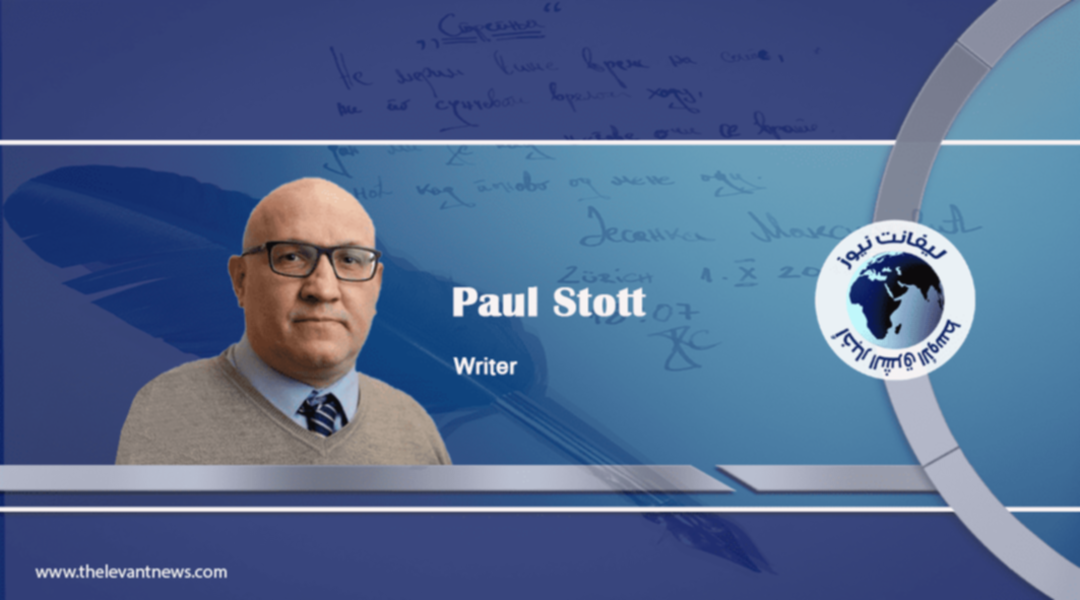-
The Manchester Arena Inquiry: Damaging revelations, with more to come

Whilst the United Kingdom has been wrestling with the global pandemic, in a converted court room in Manchester, Sir John Saunders has been grappling with the fateful events at the Manchester Arena on 22 May 2017. Salman Abedi killed 22 people in a suicide bombing targeted at the foyer as crowds left an Ariana Grande concert. Seven of those killed were under 18. The youngest, Saffie-Rose Roussos was just eight years of age. In 2019 Salman’s brother Hashem Abedi, was extradited from Libya, and on 20 August 2020 he was jailed for 55 years for his role in the attack.
So considerable is the scope of the Saunders inquiry, that it will report in three stages – on security at the Manchester Arena, secondly the response of the emergency services and thirdly the radicalisation of Salman Abedi, and whether the intelligence agencies and counter-terrorism police could have done more. On Thursday afternoon the first volume of Saunders’ report was published, following 32 days of evidence. 53 witnesses have been interrogated, and over 1000 documents examined.
The report makes for sobering reading. Struggling under the weight of a large bomb in a heavy rucksack, Salman Abedi was able to wander in and out of the Arena, unchallenged, three times. For periods he secreted himself in a CCTV blind spot. Whilst hardly fitting the demographic of a pop concert largely attended by teenage girls and their parents, no staff member challenged Abedi, even after a member of the public raised their suspicions. The Manchester Arena adjoins Manchester Victoria train station, and a total of five British Transport Police officers were assigned to police the departing crowd. One was supposed to be in the foyer, where Abedi struck, but “Inexplicably, two officers disappeared for a two-hour meal break and didn’t return until after the attack, while the most senior officer never even turned up.”
The inquiry correctly notes that responsibility for the attack lies with the Abedi brothers, who fashioned and conducted one of the most diabolical terrorist outrages in our history. But it does criticise the venue and those involved in its running and security, and enough has already emerged in evidence given, to demonstrate that the second stage, devoted to the response of the emergency services, is likely to be brutal.
Saunders main proposal to mitigate risk and improve security in the future is a ‘protect duty’ which would be incumbent on all major venues, with staff trained to consider terrorist threats as part of their duties. This would require legislation, and the government is consulting about what a protect duty would mean in practice. In some ways we are travelling in that direction – security at major football matches is demonstrably different to what it was in earlier decades, and the risk of a terrorist attack at places like Old Trafford is actively planned for.
However, before Salman Abedi’s actions, no one running the Manchester Arena seemed to consider it could happen at their place of work. Yet the UK at the time had been assigned a terrorist threat rating of severe, meaning an attack was considered ‘highly likely.’ Islamist Khalid Masood had attacked parliament that March, killing five people, and the Bataclan massacre in Paris in 2016 had demonstrated jihadists considered music venues to be a viable target.
Shifting a culture of ‘it won’t happen here’ or ‘it can’t happen to me’ is a major challenge. A second problem with changing the nature of security at public events, is staffing. Many stewards at popular sporting and entertainment venues are on short term or zero hours contracts, are poorly paid and lack training. Whilst Security Industry Authority (SIA) regulation has improved the private security industry, it is not an occupation many consider for a career, and it relies heavily on the cornerstones of the precarious economy - migrant labour, the semi-retired, students and those previously rejected by other employers. Getting staff to understand that if something does not look right, it is probably not right, and they need to act, is vital. Such a mindset, along with police officers being where they were paid to be, could have disrupted Salman Abedi’s activities that evening. The Saunders inquiry does recognise however, that had Abedi been harried or moved on, he would likely still have detonated his device, although the plum target of a crowded foyer could have been denied him.
The Manchester Arena bombing left a permanent scar on the city of Manchester. It is correct that the public inquiry into it has begun in such a thorough and robust fashion. More is certain to come.
by: Dr Paul Stott levant

Dr Paul Stott is a writer and commentator. Follow him on twitter @MrPaulStott
You May Also Like
Popular Posts
Caricature
BENEFIT Sponsors BuildHer...
- April 23, 2025
BENEFIT, the Kingdom’s innovator and leading company in Fintech and electronic financial transactions service, has sponsored the BuildHer CityHack 2025 Hackathon, a two-day event spearheaded by the College of Engineering and Technology at the Royal University for Women (RUW).
Aimed at secondary school students, the event brought together a distinguished group of academic professionals and technology experts to mentor and inspire young participants.
More than 100 high school students from across the Kingdom of Bahrain took part in the hackathon, which featured an intensive programme of training workshops and hands-on sessions. These activities were tailored to enhance participants’ critical thinking, collaborative problem-solving, and team-building capabilities, while also encouraging the development of practical and sustainable solutions to contemporary challenges using modern technological tools.
BENEFIT’s Chief Executive Mr. Abdulwahed AlJanahi, commented: “Our support for this educational hackathon reflects our long-term strategic vision to nurture the talents of emerging national youth and empower the next generation of accomplished female leaders in technology. By fostering creativity and innovation, we aim to contribute meaningfully to Bahrain’s comprehensive development goals and align with the aspirations outlined in the Kingdom’s Vision 2030—an ambition in which BENEFIT plays a central role.”
Professor Riyadh Yousif Hamzah, President of the Royal University for Women, commented: “This initiative reflects our commitment to advancing women in STEM fields. We're cultivating a generation of creative, solution-driven female leaders who will drive national development. Our partnership with BENEFIT exemplifies the powerful synergy between academia and private sector in supporting educational innovation.”
Hanan Abdulla Hasan, Senior Manager, PR & Communication at BENEFIT, said: “We are honoured to collaborate with RUW in supporting this remarkable technology-focused event. It highlights our commitment to social responsibility, and our ongoing efforts to enhance the digital and innovation capabilities of young Bahraini women and foster their ability to harness technological tools in the service of a smarter, more sustainable future.”
For his part, Dr. Humam ElAgha, Acting Dean of the College of Engineering and Technology at the University, said: “BuildHer CityHack 2025 embodies our hands-on approach to education. By tackling real-world problems through creative thinking and sustainable solutions, we're preparing women to thrive in the knowledge economy – a cornerstone of the University's vision.”
opinion
Report
ads
Newsletter
Subscribe to our mailing list to get the new updates!






















